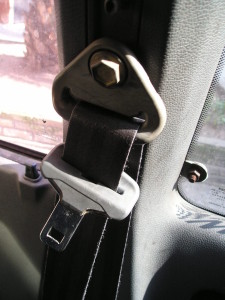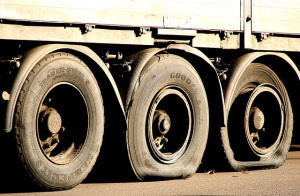 For the past eleven summers, our family has spent as many weekends as possible on Tims Ford Lake. We enjoy swimming, water skiing, jet skiing, grilling out with friends and all of the other fun the lake has to offer. But, in those eleven years, there have been some unspeakable tragedies as a result of electrocutions.
For the past eleven summers, our family has spent as many weekends as possible on Tims Ford Lake. We enjoy swimming, water skiing, jet skiing, grilling out with friends and all of the other fun the lake has to offer. But, in those eleven years, there have been some unspeakable tragedies as a result of electrocutions.
Around the corner from us, two young boys were electrocuted and died when they jumped from their dock and into the water. The electrical work on the newly installed dock had been improperly installed allowing a live charge to enter the water. Then, just two years ago, an adult was electrocuted and died as a result of an improperly grounded dock. Both accidents were preventable. So what can you do to make your dock safe? Continue reading










